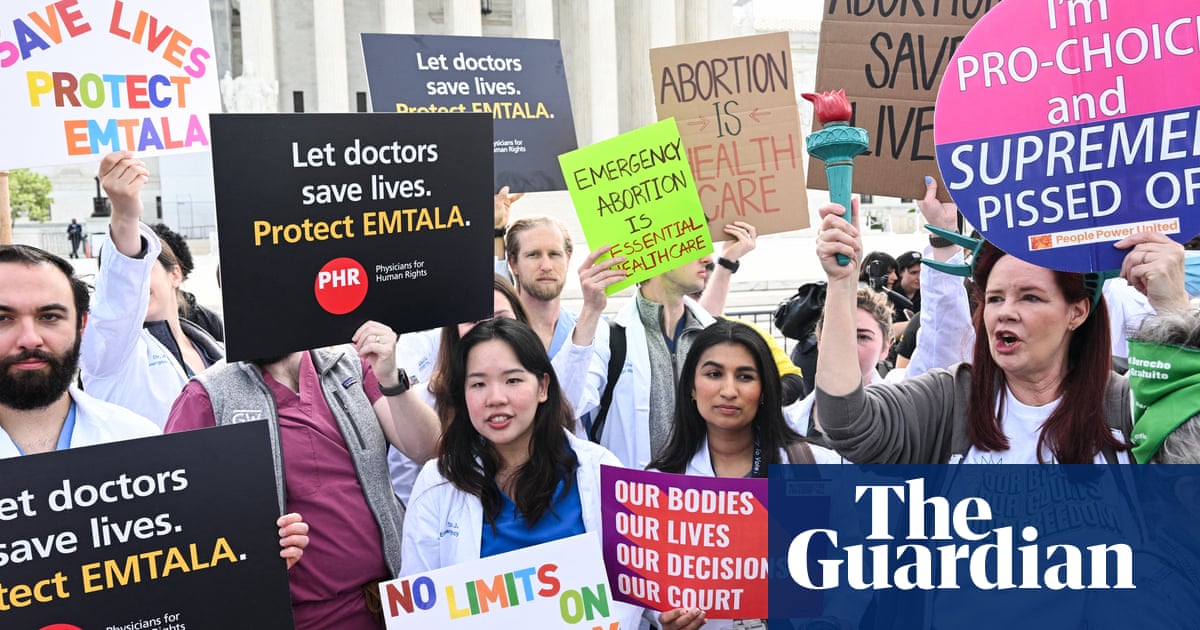The Trump administration recently overturned guidance from the Biden era that clarified how hospitals should handle pregnant patients in emergencies, especially in states with strict abortion laws. This change adds to ongoing legal battles in several red states regarding abortion rights and medical care.
The original guidance stemmed from the Emergency Medical Treatment and Labor Act (EMTALA), which mandates that hospitals must stabilize individuals facing medical emergencies, including pregnant patients. States like Idaho and Texas have criticized the Biden administration’s interpretation, claiming it misapplied EMTALA.
In their rescindment letter, the Trump administration assured that the Centers for Medicare and Medicaid Services (CMS) would still enforce EMTALA. They aim to resolve any confusion created by the previous administration’s guidance. However, abortion rights advocates worry this move will complicate hospitals’ responsibilities and potentially jeopardize the lives of pregnant patients. Many women have shared harrowing stories about being denied care due to stringent abortion laws. Reports indicate that at least five pregnant women have died after being refused essential medical treatment or legal abortions.
Dr. Jamila Perritt, an OB-GYN and president of Physicians for Reproductive Health, emphasized the seriousness of this situation. She stated, "This action sends a clear message: the lives and health of pregnant people are not worth protecting." For healthcare providers, the stakes are incredibly high. They often face the daunting choice between following the law and providing the necessary care.
Last year, the Supreme Court heard a case concerning Idaho’s strict abortion ban, which allowed abortion only when a woman’s life was at risk. In contrast, most states permit abortions when a patient’s “health” is at stake—a less stringent requirement that can facilitate medical interventions. The Supreme Court ultimately avoided making a definitive ruling, stating that the case should not have been taken up, leaving many questions unanswered.
Justice Ketanji Brown Jackson expressed disappointment over the Court’s inaction, noting, "This court had a chance to bring clarity and certainty to this tragic situation, and we have squandered it." Her comments highlight the ongoing confusion surrounding the law and its impact on patient care.
The public response to these developments has been significant. Social media platforms have been flooded with reactions, with many users expressing concerns about pregnant women’s safety and the future of reproductive rights in the U.S.
As of now, the effects of these legal changes are unfolding. Healthcare professionals continue to grapple with ethical dilemmas, while expectant mothers face uncertainty in their medical care. The stakes remain high, reminding us of the complex interplay between legal frameworks, medical ethics, and personal health.
For more detailed information about the implications of EMTALA and abortion rights, you can refer to resources from the Centers for Medicare & Medicaid Services and ProPublica.





















